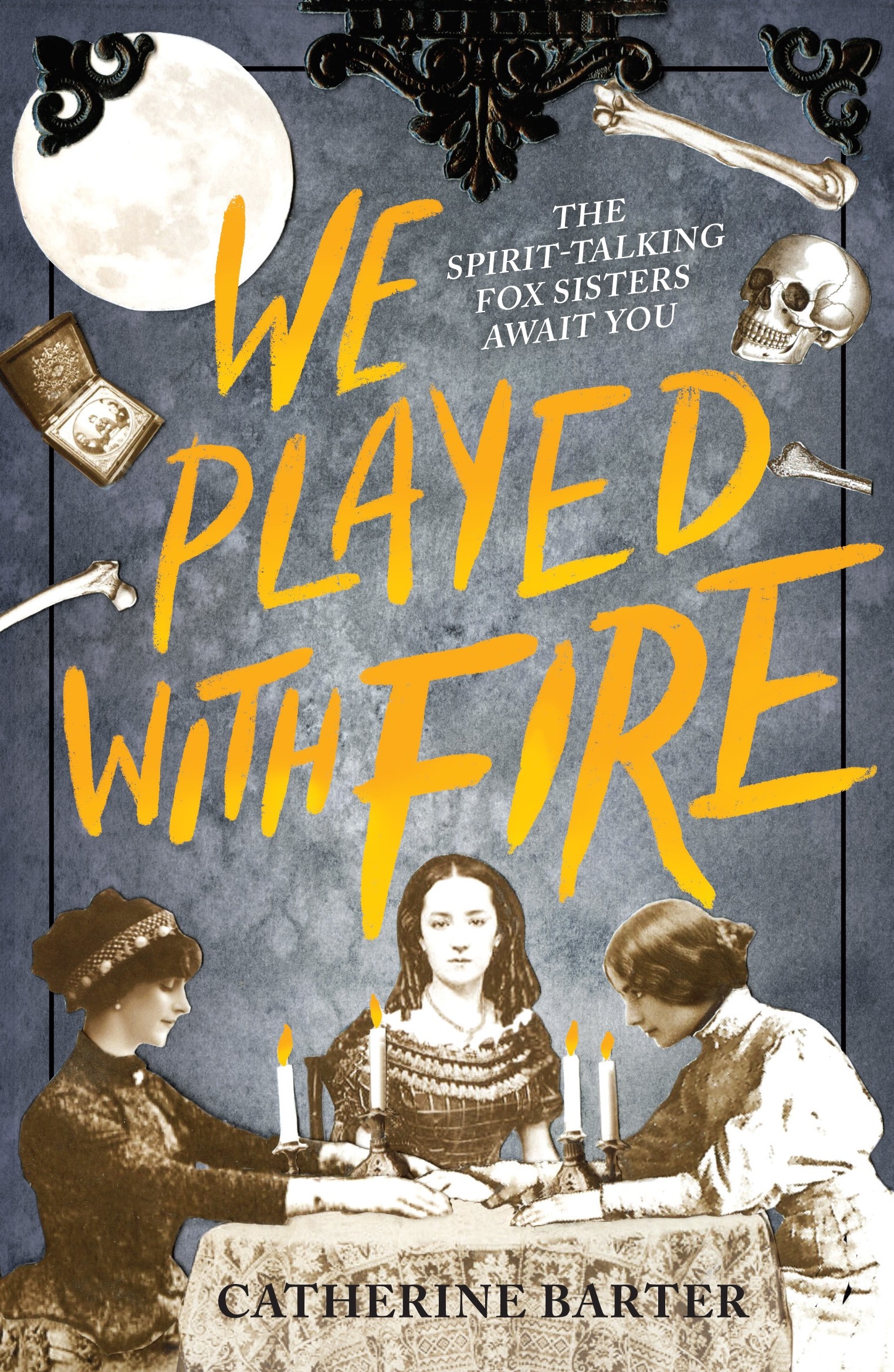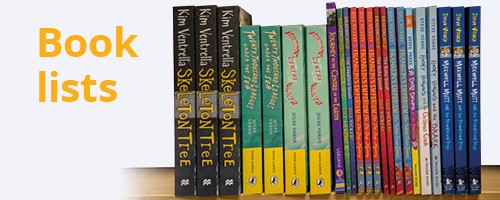Schools please note: due to the summer holidays we will automatically hold all school books and furniture orders due between Wednesday 16 July and Monday 1 September 2025. Delivery will resume from Tuesday 2 September 2025. If your school remains open for deliveries during the summer and you would like to receive your order during this time, please get in touch in advance by calling 0121 666 6646 or emailing hello@peters.co.uk.
For help, advice and telephone ordering call our team on 0121 666 6646
Are you sure you wish to delete this basket?()
This action cannot be undone.
Sorry, something went wrong
Please report the problem here.
We Played With Fire - Q&A with Catherine Barter

February 16th 2021
Catherine Barter has worked in a library, a bookshop and for an organisation campaigning for the rights of garment workers. After gaining a PhD in American literature, she moved to East London and now co-manages Housmans, a radical independent bookshop in King’s Cross. Her debut novel Troublemakers was shortlisted for the Waterstone's Children's Book Prize in 2018.
Her latest book We Played with Fire published this month and is inspired by the incredible true tale of the Fox Sisters who made their fortune in 19th Century America by speaking to ghosts.
Q: The Fox sisters were real people – how did you hear first about their story?
I’d read about the Fox sisters a few times over the years, but always in the context of their being famous frauds. But I’ve also always been interested in American history, and one day I came across an article which mentioned that quite a few of the abolition and women’s rights activists of mid-19thC America were also interested in Spiritualism – the religious movement based on communicating with the dead that the Fox sisters inspired. It made me wonder if there was something more interesting going on with Spiritualism than just duping people. And as a lover of ghost stories, once I started reading about the Fox sisters I couldn’t help wondering if there might have been something more going on with the ghosts, as well…
Q: What inspired you to write your version of their lives for a young adult readership?
One of the most interesting things about the Fox sisters is how young they were when their spirit-talking first began – Maggie a teenager and Kate just on the cusp of it. If they were faking it, it’s pretty impressive that they managed to convince so many adults that it was all real. You could argue that the origins of the entire religious movement of Spiritualism was born out of teenage boredom and rebellion, which is an irresistible premise for young adult fiction.
Q: What research did you have to do in order to write this novel?
I read a lot! There are a couple of books on the Fox sisters themselves which were very helpful, but there’s also quite a lot of writing on the rise of Spiritualism generally, and the way many Spiritualists were also involved with radical political movements of the time. Leah Fox herself also wrote a very long book about their careers as mediums, which is full of fascinating details, even if it’s at least fifty percent nonsense (there are glowing orbs and people levitating and ghosts dancing highland jigs).
Q: The role of women and girls in society is very important in this story – how much power they’re allowed to have, and whether their stories are believed. How does the Fox sisters’ story relate to women and girls of today?
The situation for women and girls today is obviously very different than in the nineteenth century - in the mid nineteenth century thousands of women and girls were living in slavery, for starters. But this story is partly about traditional voices of authority and what happens when they are challenged – which is still very relevant today not just to girls but to all young people – and others who have been marginalized or disenfranchised. There’s always a struggle between those who are used to having power, and those who are challenging it, and from school climate strikes to #MeToo it’s easy to see that struggle being acted out today.
Q: Sisterhood is a strong theme in the story, both between Maggie and Kate, and then later with Leah. How did you get inside their relationship as a novelist?
I’ve always found different kinds of sibling relationships really interesting (my first book Troublemakers explores this too). There are all sorts of shifting power dynamics between siblings, and often a bit of a love/hate dynamic too! I knew that Leah Fox, the oldest sister who was in her thirties, had taken charge of Maggie and Kate’s careers and acted as a surrogate parent, so I tried to think about the kinds of tensions and frustrations this might cause for two teenage girls who also wanted independent lives.
Q: For much of the novel, Maggie is not quite sure how much she believes in ghosts. In the afterword, it describes that the real-life Fox sisters recanted their claims. Why do you think they did that? Do you think they did or did not believe in spirits?
I’m certain that a lot of their Spiritualist career involved fraud and deception – I think it’s astonishing that they managed to maintain it for so long, but I’m not surprised they eventually felt compelled to confess. But I also think people’s memories and beliefs can change over time – you can be convinced that you’ve seen a ghost when you’re young, and later decide that you didn’t. It’s also possible to practice fraud but still believe that ghosts are real. I can’t know what the Fox sisters really thought, but I do know that belief can be a complicated and messy thing, especially when it comes to the supernatural.
Q: What do you hope readers will take from We Played With Fire?
I didn’t want to write a story with a particular message – I mainly just hope people will enjoy it! But I hope it might introduce some readers to a really fascinating period of history and invite them to think about whose voices and stories we choose to hear.
Q: Are there any other stories about this time period or theme that interest you?
I love a Victorian ghost story, especially ones like The Turn of the Screw where it’s not quite clear what’s true and what isn’t. And there are some real-life ghost stories that have always really interested me too – like the Enfield haunting, the supposed true story of a poltergeist terrorizing a London family in 1970s and appearing to communicate with their young daughters. I can’t help but think that story has some strange similarities to the Fox sisters’ first encounter with a spirit in 1848…

We Played with Fire is out now.
Published by @AndersenPress









